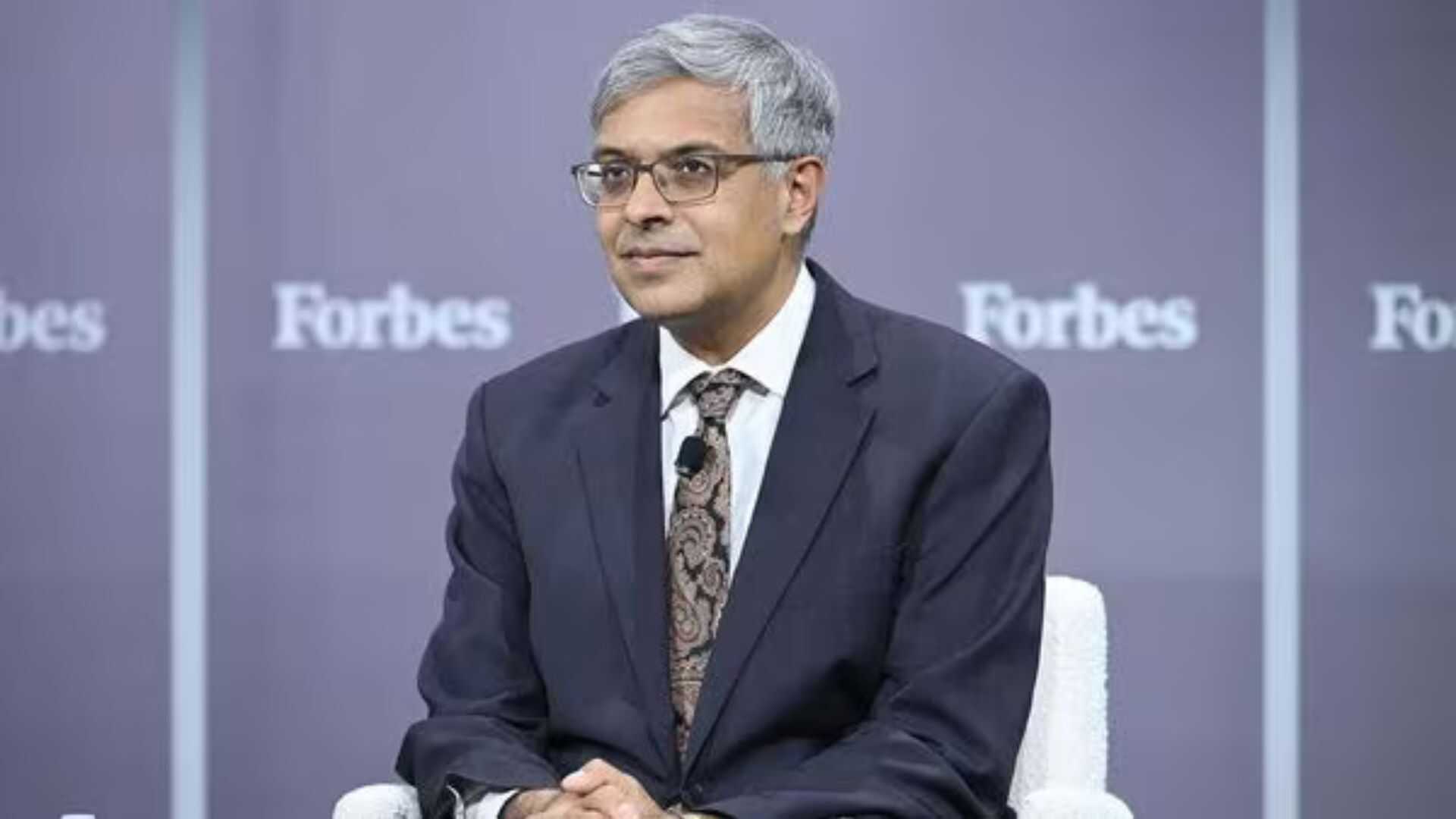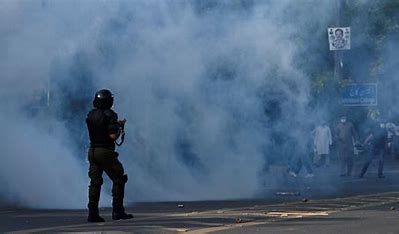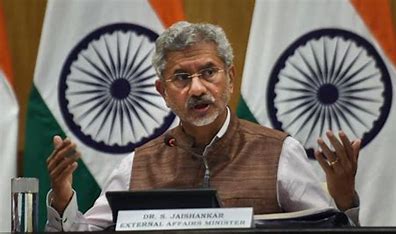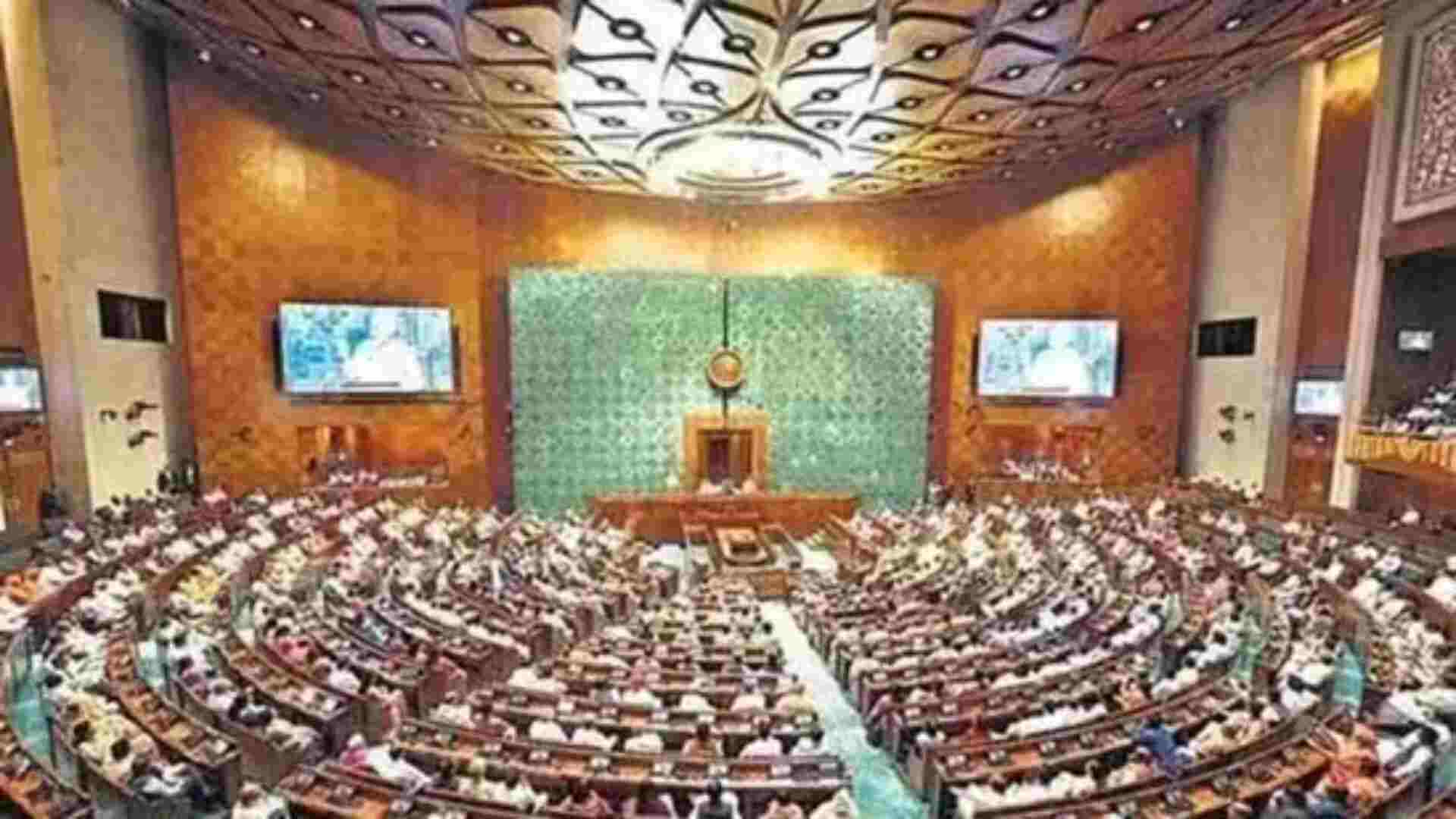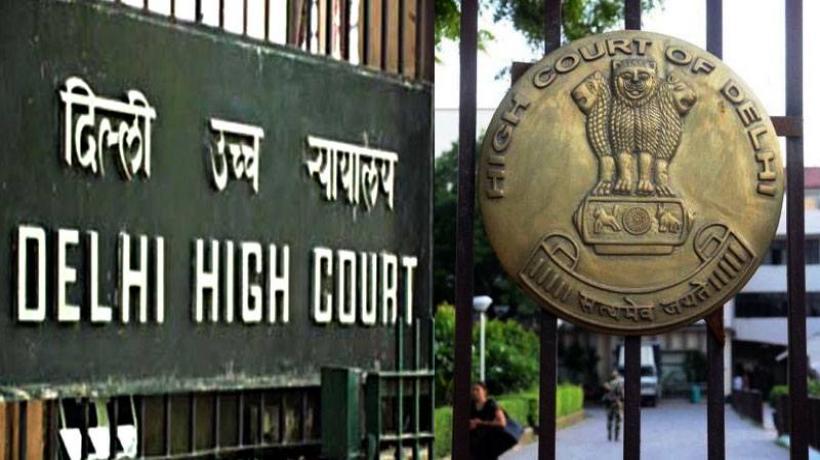
PREFACE
It is really most reassuring and most refreshing to note that while upholding the fundamental right of prisoners to procreation and parenthood, the Delhi High Court in a most learned, laudable, landmark and latest judgment titled Kundan Singh vs The State Govt of NCT Delhi in W.P.(Crl.) 2700/2023 that was reserved on 19.12.2023 and then finally pronounced on 22.12.2023 has minced just no words in no uncertain terms that right to procreation and parenthood is a fundamental right of a convict and protected under Article 21 of the Constitution. It must be noted that the Single Judge Bench comprising of Hon’ble Ms Swarana Kanta Sharma clarified that this right is not absolute but depends on the context and by considering factors such as the prisoner’s parental status and age, a fair and just approach must be adopted to preserve the delicate equilibrium between individual rights and broader societal considerations. The Bench was dealing with a plea that was filed by Kundan Singh serving life sentence for murder. After spending 14 years in jail, Singh had approached the Court stating that he is 41-years-old and his wife is 38. They do not have a child and want to protect their lineage by way of procreating.
INTRODUCTION
At the very outset, this brief, brilliant, bold and balanced judgment authored by the Single Judge Bench comprising of Hon’ble Ms Swarana Kanta Sharma sets the ball in motion by first and foremost putting forth in para 1 that, “The issue before this Court is to adjudicate a crucial question of law as to whether a convict has a right to procreation and parenthood or not. A prayer has been made before this Court that the convict herein whose request for grant of parole has been rejected, be released on parole on the premise that the right to procreation is not a mere desire but an essential aspect of human existence, carrying profound implications for the continuity of familial bonds and the preservation of one’s legacy.”
As we see, the Bench then stipulates in para 2 that, “As the Court grapples with this intricate legal question, it is tasked with determining whether, in the face of a rejected parole application, the preservation of familial lineage through procreation constitutes a compelling enough ground to warrant intervention.”
s things stands, the Bench then lays bare in para 3 stating that, “Thus, by way of present writ petition under Article 226 of the Constitution of India, read with Section 482 of the Code of Criminal Procedure, 1973 (‘Cr.P.C.’), the petitioner seeks issuance of writ in the nature of certiorari for quashing of order dated 08.08.2023, passed by learned Deputy Secretary (Home), Government of NCT of Delhi, and for issuance of writ of mandamus directing the respondent to release the petitioner on parole for a period of 12 weeks.”
FACTUAL BACKGROUND
To put things in perspective, the Bench envisages in para 4 that, “Brief facts of the case are that the petitioner is presently confined in Jail No. 8/9, Tihar, New Delhi and is serving life sentence. The petitioner was convicted in case FIR No. 592/2007, registered at Police Station Mehrauli, Delhi, under Sections 302/201/404 of the Indian Penal Code, 1860 (‘IPC’), and was awarded rigorous imprisonment for life by the learned Trial Court.”
Do note, the Bench notes in para 5 that, “As disclosed from the petition, the petitioner has already spent more than 14 years in prison, excluding the period of remission.”
It is worth noting that the Bench notes in para 6 that, “It is stated that the appeal filed by the petitioner, challenging the judgment of conviction and order on sentence, was dismissed by this Court on 14.11.2015. It is further stated that the wife of the petitioner, vide an application filed on 27.05.2023 had approached the competent authority for grant of parole on the following ground:
“The Petitioner and his wife want to protect their lineage by way of procreating their child in order to secure their family tree.””
ANALYSIS AND FINDINGS
Needless to say, the Bench states in para 11 that, “The present case reveals that the convict i.e. the petitioner herein has been convicted and has been incarcerated for last about 14 years. He is about 41 years of age, whereas his wife is 38 years of age.”
i. Right to Procreate Covered Within the Ambit of Article 21 of Indian Constitution
Most commendably, the Bench propounds in para 13 that, “This Court is of the opinion that Article 21 of the Constitution of India, which guarantees the fundamental right to life and personal liberty is not completely obliterated by a person’s incarceration. Though, the human right of personal liberty of convict has to be surrendered in favour of the safety of the State and for the purpose of establishing rule of law, the convict cannot be denied the protection of fundamental right to life, which is expansive, and in this Court’s opinion, will also include right to have a child, in peculiar facts and circumstances of a case. While a constitutional Court has to ensure rule of law, it also has to ensure social justice.”
It is worth paying attention that the Bench observes in para 14 that, “The Delhi Prison Rules, 2018, do not find mention of procreation of children and parenthood as a ground for grant of parole. However, in this Court’s opinion, if the rules do not provide for a particular specific ground, it cannot bar a Constitutional Court to go beyond the specific mention of a ground and can, in the facts and circumstances of a case, interpret and adjudicate a prayer before it by referring to the intent and content of the Rules and the practical context in which they need to be interpreted.”
It cannot be glossed over that the Bench then expounds in para 15 stating that, “In this regard, in the factual context of the present case and cases of similar nature, this Court holds that where the age of the convict and the biological clock of the convict and his marital partner has the potential of becoming a barrier for them to conceive and procreation of a child in future as a result of long incarceration of a convict, their prayer will need to be attended and adjudicated with empathy, though within the parameters of law.”
Please read concluding on thedailyguardian.com


